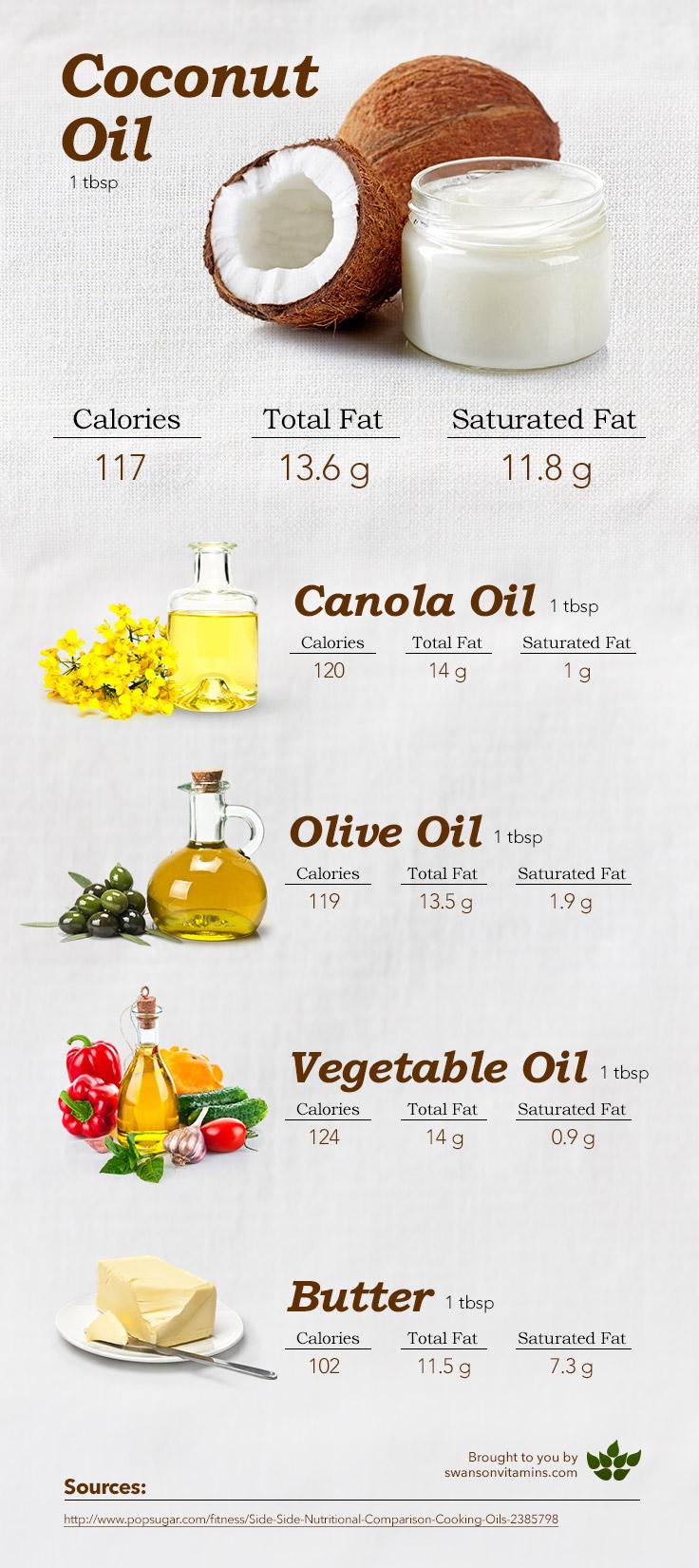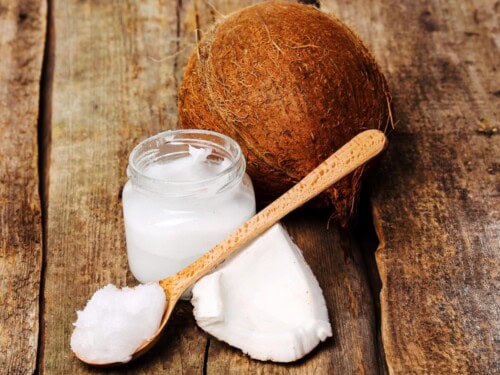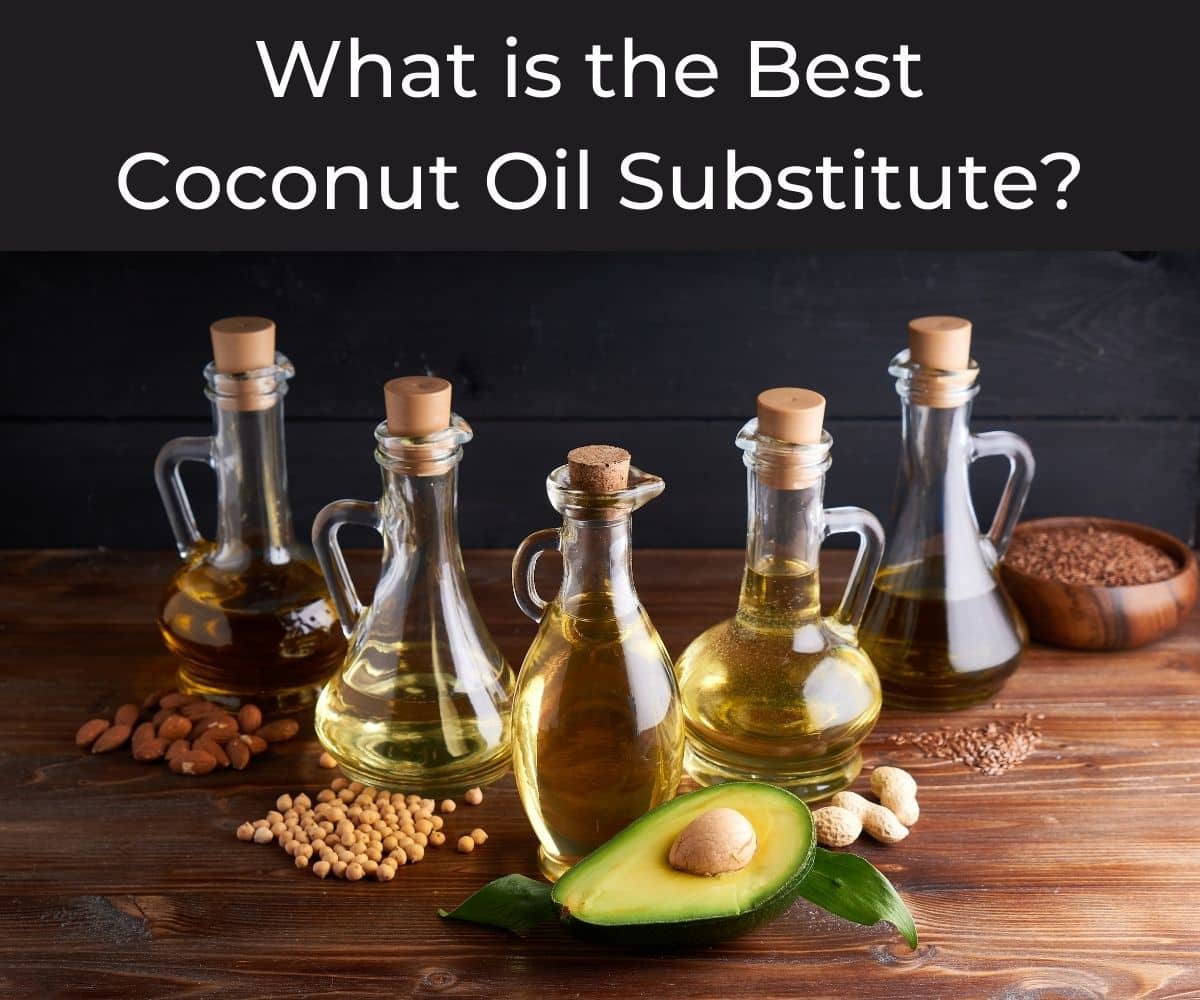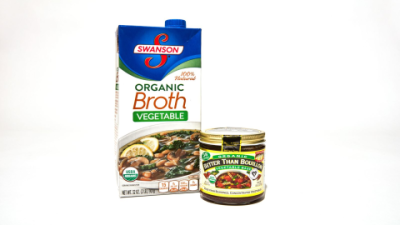Hey there! Ever been in the middle of cooking or getting ready with your skincare routine and suddenly realize you’re out of coconut oil? Or maybe you just want to try something new without losing the magic that coconut oil brings. Whether it’s for cooking, baking, or beauty, finding the right substitute can feel tricky, but don't worry — I’ve got you covered.
Coconut oil has been a favorite for a long time because it’s so versatile and packed with benefits. But there are plenty of reasons someone might want to swap it out—maybe you don’t love its flavor, you’re allergic, or you're just looking for healthier or more budget-friendly options. No matter why, choosing a great alternative is easier than you’d think, and it can even open up some new possibilities!
Why Would You Replace Coconut Oil?
There are lots of good reasons to consider a swap. Sometimes you simply run out, which is super frustrating when you’re mid-recipe. Other times, the coconut taste might not fit well with what you’re making, especially savory dishes or delicate baked goods.

If you're watching your diet, you might be looking for options with less saturated fat. Or, if allergies are a concern, avoiding coconut oil is essential. Budget is another common reason — some alternatives might be easier on your wallet or more readily available at your nearby store.
Also, for those who care about the environment, some substitutes have a smaller ecological footprint, making them better choices for sustainability-minded cooks and beauty fans. Whatever your reason, there’s a suitable substitute out there for you.
Picking the Right Substitute: What Should You Keep in Mind?
Before you swap, think about how you’ll use it. Coconut oil behaves funny sometimes because it's solid at room temperature but melts easily. That affects how it works in recipes and beauty treatments.
In Cooking & Baking, consider:
- Melting point: If your recipe calls for solid coconut oil, a liquid substitute may affect the texture.
- Smoke point: This tells you how much heat an oil can take before it starts to burn. High heat cooking needs oils that can handle the heat.
- Flavor: Some oils have strong flavors, while others are neutral — think about whether you want the taste or prefer something subtler.
- Texture: Will your substitute keep the right texture in a cake, cookie, or sauce?
For Skin and Haircare, keep these in mind:
- Absorption: You want an oil that moisturizes and soaks in without leaving a greasy feeling.
- Scent: Some oils smell amazing naturally, others are almost scentless. Choose what suits you.
- Skin type: If you have sensitive or acne-prone skin, pick oils that won’t clog pores or irritate.
- Benefits: Are you after anti-inflammatory effects, hydration, or strengthening properties?
Smart Shopping Tips to Stock Your Kitchen and Bathroom
When you’re picking your substitutes, a few quick tips can make life easier:
- Look at labels carefully — go for pure, organic, single-ingredient oils if possible.
- Watch storage advice: Choose oils in dark bottles to keep them fresh longer.
- Buy smaller bottles first if you want to test it out, so you don’t get stuck with a big container you won’t use.
- Compare prices: Same oils can be very different in cost depending on brand or shop.
Most of these alternatives are super easy to find in your local supermarket, health food stores, or online.
The Top Simple Substitutes for Coconut Oil
Ready to meet your new kitchen and beauty buddies? Here are five great options that work well as coconut oil replacements in various situations.
1. Olive Oil — The Everyday Favorite
Most people have olive oil in their kitchen already. It’s a heart-healthy choice with a nice fruity flavor. Perfect for sautéing, roasting, dressings, and even some baking like breads or savory muffins. Light olive oil has a milder taste, so it won’t overpower your dishes.
Keep in mind, olive oil stays liquid at room temperature, so it won’t provide the same texture as solid coconut oil in no-bake treats or firmer baked goods. Also, it’s not great for really high-heat frying.

2. Butter — Classic and Comforting
Butter is the go-to for many, especially in baking and cooking. It’s solid at room temp and melts beautifully, adding rich flavor to cakes, cookies, sauces, and more. It’s perfect for baking where texture and richness matter.
It’s not vegan or dairy-free, so avoid this one if those are priorities for you. Butter has a higher saturated fat content, so keep that in mind if you're watching fat intake.
3. Applesauce — Moist and Mild for Baking
Want a lower-fat, fruit-based alternative in baking? Applesauce is your answer. It adds moisture and a little natural sweetness to muffins, breads, and brownies.
It’ll make your baked goods softer and more tender but won’t work for cooking or frying. Use unsweetened applesauce to avoid extra sugars. It’s a great plant-based substitute when you want to reduce fat or avoid oils altogether.
4. Avocado Oil — Mild and Mighty
Avocado oil is amazing because it has a very high smoke point, making it perfect for frying, grilling, or roasting. Its flavor is very mild, so it works well in dressings, marinades, and even skincare.
Though sometimes pricier, it’s a nutrient powerhouse filled with healthy fats. Like olive oil, avocado oil stays liquid at room temperature, so it’s not always ideal when you need something solid for baking.
5. Ghee — Butter 2.0
If you love butter’s flavor but want something lactose-free with a higher smoke point, ghee is the way to go. It’s butter clarified to remove milk solids, so it’s great for high-heat cooking and baking.
It has a nutty taste and is semi-solid at room temperature, making it a pretty good stand-in for coconut oil’s texture in many recipes. Just keep in mind it’s still animal-based.
Quick Answers to Your Burning Questions
Can I use vegetable oil instead? Sure, but vegetable oil blends tend to be more processed and less healthy. If you want a cleaner option, stick to single-source oils like those above.
Will my dish taste different? Probably a little. Each oil brings its own flavor, so pick one that matches or enhances your recipe. For neutral flavors, go for avocado or light olive oil.

How do I know if an oil is good for my skin or hair? Always do a patch test. Put a small drop on your skin and wait a day to see if you react. Also, look for oils labeled non-comedogenic if acne is a concern.
What if the recipe calls for solid coconut oil? Butter or ghee are your best bets here since they mimic the texture best.
Are there oil-free options? Yes! You can use mashed bananas, pumpkin puree, or even water or broth for cooking to reduce or avoid oils altogether.
Final Thoughts
Swapping coconut oil doesn’t have to be a headache. With so many easy alternatives that are just as tasty and versatile, you can keep cooking, baking, and glowing without missing a beat. Pick what works best for your taste, health needs, and lifestyle, and feel free to mix it up once you know the ropes.
Give these substitutes a try and see which one wins your heart and pantry. Happy experimenting!


